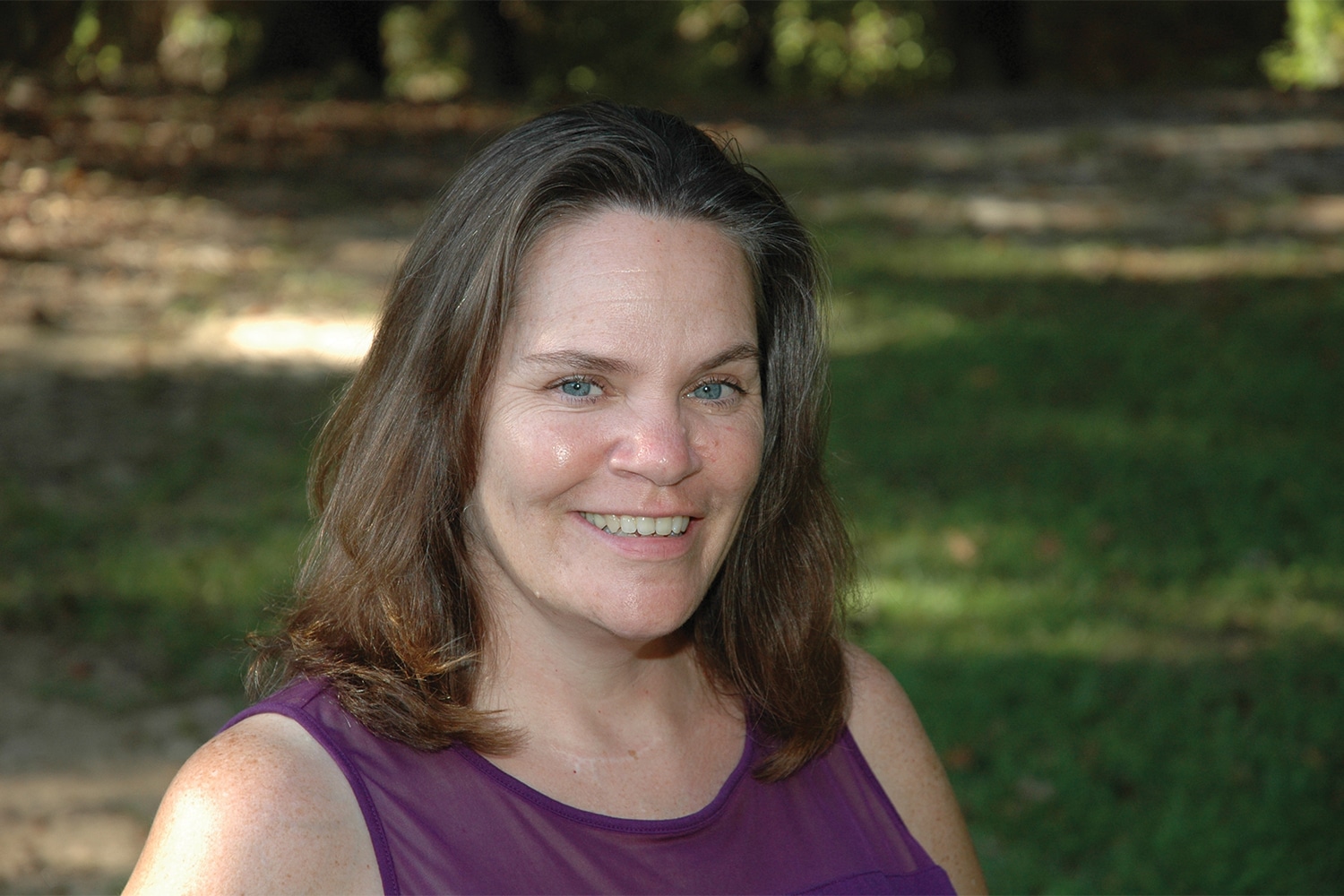WHEN HOLLY SHOEMAKER was diagnosed with stage III melanoma nearly 13 years ago at age 34, she was determined not to lose her identity as an amateur athlete. “I couldn’t accept that I would have to give up all the things I loved,” Shoemaker says. So, with her doctor’s cautious blessing, Shoemaker, who lived in Arlington, Virginia, continued training for the Marine Corps Marathon while receiving chemotherapy. Not only did she complete the marathon, she found that the exercise helped reduce her pain and fatigue.
Be a Training Partner
Anyone can help a survivor train for a race, says Amanda Kesler, Cancer to 5K program coordinator and a Hodgkin lymphoma survivor. Here are some tips:
- Accompany the survivor on training walks and runs.
- Talk, sing or joke to help keep the survivor’s mind off a tough workout day.
- Carry water bottles, snacks and jackets when training and during the event.
Inspired to help others in the same situation, Shoemaker founded Cancer to 5K, a free 12-week training program for cancer survivors with a goal to run or walk in a 5K race. “I thought, ‘If I could have used this, there’s somebody else out there who could [too],’” Shoemaker says.
Cancer to 5K is for survivors of all ages and abilities, regardless of treatment status. The program’s approach reflects research showing that exercise during and after cancer treatment may help improve quality of life, reduce risk of recurrence and improve prognosis.
The Cancer to 5K program supports around a dozen 20- to 30-person teams across the country. Teams include volunteer coaches to ensure safe training, as well as other volunteers to provide support, pacing and encouragement to race participants. Survivors who do not live near a training group can receive support and coaching via an online training program. The Ulman Cancer Fund for Young Adults, which runs the Cancer to 5K program, covers the costs of training, race registration and gear, including a new pair of running shoes for each first-time participant.
Shoemaker, who now lives in Wetumpka, Alabama, and does volunteer coaching remotely for the program, says that doing a 5K can be empowering for survivors, many of whom may feel betrayed by their bodies. “I know I felt that way,” she says. “[Running the marathon] was that very cathartic moment of [feeling], ‘OK, I believe in you again. I believe in my body again.’”
Cancer Today magazine is free to cancer patients, survivors and caregivers who live in the U.S. Subscribe here to receive four issues per year.





